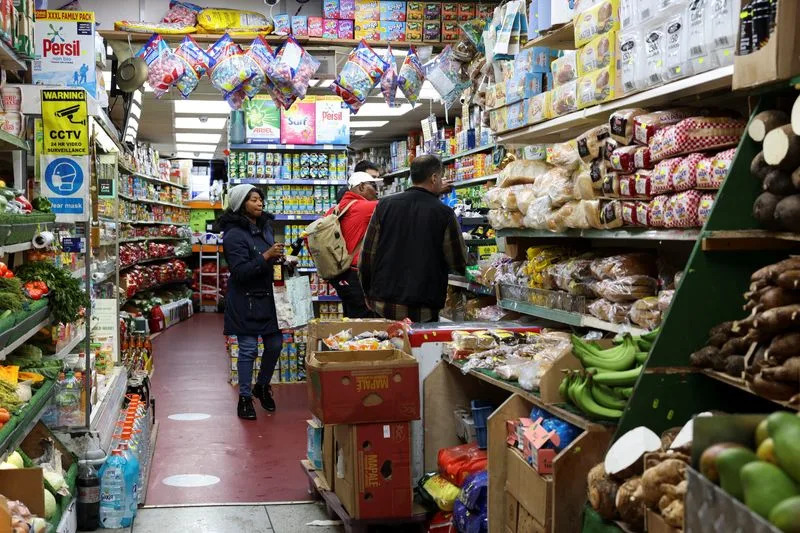British food inflation eased slightly for the second consecutive month in May but remained near record highs, industry data showed Tuesday, providing little comfort to consumers facing a cost-of-living crisis.
According to Kantar, annual grocery inflation was 17.2% in the four weeks to May 14, down from 17.3% in April, but the third-highest rate recorded since 2008.
British households now face a £833 ($1,051) increase in their annual grocery bill if they do not change their behavior to reduce costs.
Prices are rising fastest on products such as eggs and non-refrigerated cooking sauces.
Kantar data for May provides the most up-to-date snapshot of inflation in the UK.
Official UK data released last month showed that headline consumer price inflation had fallen to 10.1% in March. However, food and non-alcoholic beverage prices rose by 19.1% in March, the largest rise since August 1977. Official data for April will be released on Wednesday.
The Bank of England said earlier this month that it expected headline inflation to decline more slowly than expected, mainly due to unexpectedly strong and persistent rises in food prices.
Food retailers have said they expect prices to rise in 2023 overall, but with a declining rate of inflation throughout the year.
Prices of some products that had seen the steepest rises, such as milk, butter, bread, pasta, and vegetable and sunflower oil, have started to fall.

